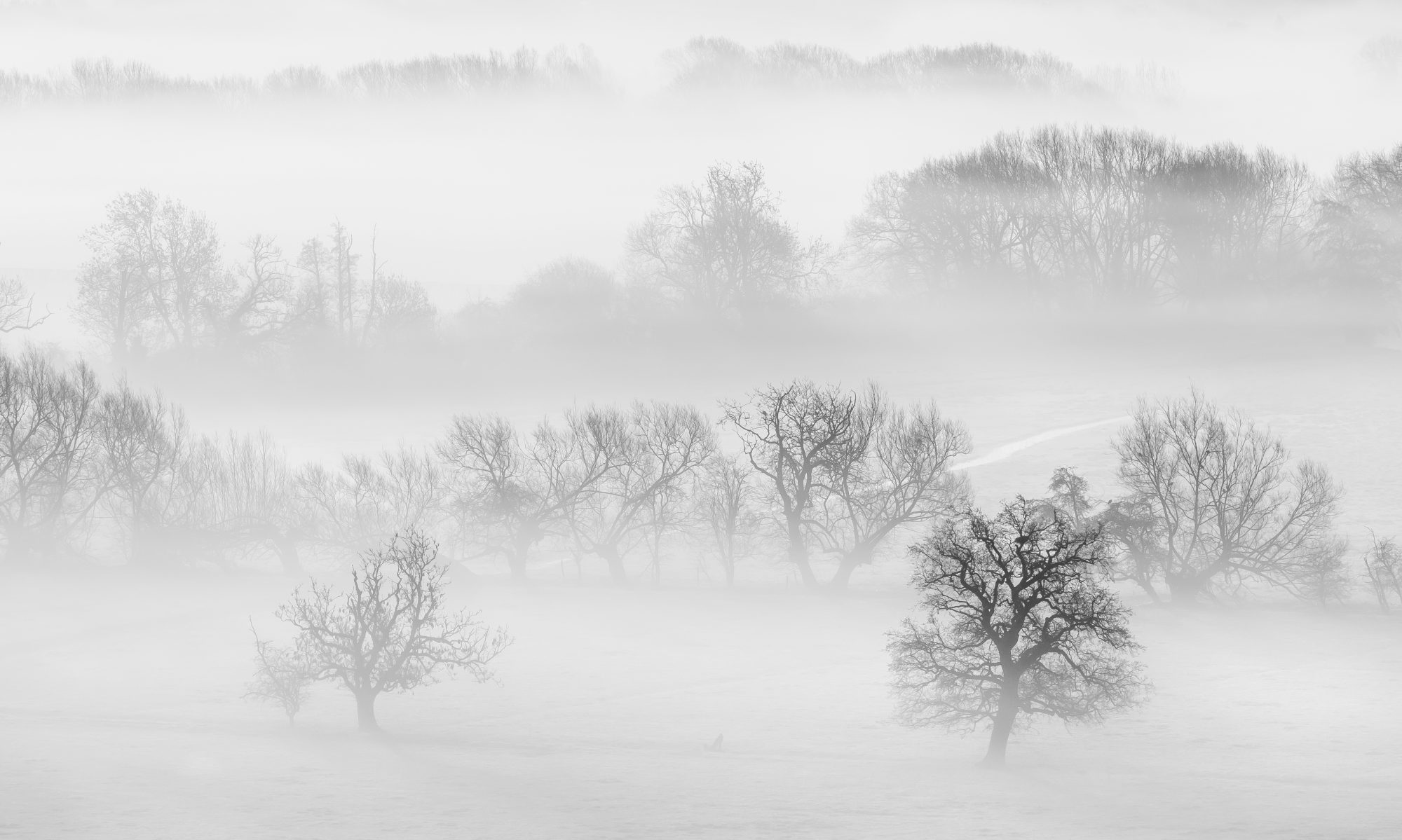 .
.
The single most important thing we can contemplate is death. Understandably, people would rather not. But to sweep it under that all too familiar carpet is the golden road to suffering. Blind to the vanity of life people lose perspective: they hold grudges, problems overwhelm them, they waste time, they act stupidly, and they live intoxicated with anger, desire and attachment. Contemplating death ensures these things do not happen. The most important reason for contemplating death, however, is that it gives us a vital kick up the backside: ‘I have this precious opportunity, but it won’t last for long. Don’t waste it!’
When young Prince Siddhattha saw the dead man on his tour of his father’s capital, some accounts state it was the very first time he had seen such a thing. Whether this was really the case we do not know. But even if he had seen a dead body before it does not matter; because it was as though it was the first time. We have all seen dead people, either in the newspapers, on the television, or in the flesh. But have we ever really seen a dead body? Have we seen one and realised: ‘One day I will be like that!’?
This is the thought that jolted the Prince out of his stupor. He understood: whatever I experience, whatever I achieve, however wealthy or famous or loved I become – it is all impermanent and must end in death.
When we see, as the Prince did, the reality of our situation, we cannot help but ask: ‘What is the point? What is the purpose of it all?’
Well, there is no point. There is no master plan, no integral purpose to our being here. We are born because of the coming together of our father’s sperm, our mother’s egg, and the stream of consciousness propelled by craving. Having been born we are then bound to die. In the lightning-flash of an interval between these two points we participate in the pantomime of life – loving and hating, laughing and crying, gaining and losing, being young and being old – all the time crafting habits in thoughts, words and deeds, shaping what will come later on. And then we die, and the whole charade is repeated. It is a blind process for which no beginning can be found; a process that has been going on, and will continue to go on, forever – that is if craving and ignorance remain rooted in the mind.
Our situation is thus a difficult one: to have no purpose; to be born only to die. This state of affairs is not so much a pantomime as it is a tragedy: the tragedy of life.
Now, there seem to be number of ways people respond to this tragedy.
Firstly, they are blind to it. They don’t see further than their Big Mac.
Secondly, they peer above their Big Mac and catch a glimpse of something else. They see there are some serious questions hanging over their head. They do acknowledge that death will take place. They recognise their possessions and relations will not be with them forever. And they wonder if there is some other way to live their life. But then they snap out of it, and plunge their nose back into the gherkins and ketchup.
Thirdly, there are those who have a clear understanding of their situation. They find the pretence of the masses sickening. They are aware of the suffering inherent in life. But they allow this angst to overwhelm them, and they do not search for a solution. They simply rock back and forth in their metaphorical crib, banging their head against the sides – overcome by the purposelessness of it all.
And fourthly, there are those who also have their eyes open, but who, instead of wallowing in the mire of suffering, give their life a purpose. This is what Prince Siddhattha did and it is what we should do. That purpose is not any old purpose. It is the most important of them all: to wake up to the true nature of things and be free from suffering.
This sense of purpose that comes from following the Noble Eightfold Path goes a long way to reducing our suffering. Never mind where we are on the path; what matters is that we are on it. And knowing that we are heading somewhere – a knowing that is based on what we have already experienced owing to the practice – brings a tremendous sense of relief.
The danger for us, then, is not that we succumb to the purposelessness of it all, but that we get complacent. The layers of trivia easily overlap our sense of purpose. The pantomime quickly engulfs us. And the winner of the X-Factor begins to matter to us. This serious problem is countered in one way: by reminding ourselves that we will die.
.

Thank you for your latest diary entry. I think the idea of a shorter diary entry on a more regular basis is a much better idea. More enjoyable and not so much information to retain for us of the ‘older generation’ !